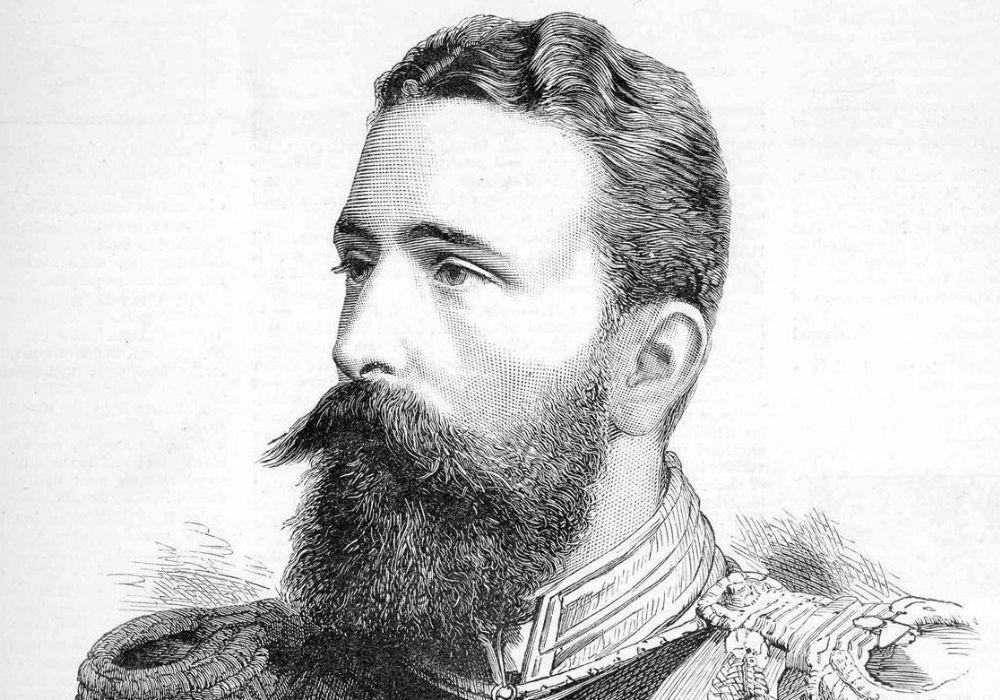Several years after the liberation of Bulgaria from the Ottoman Rule, a young Austro-Hungarian confectioner arrived in the city of Ruse with the ambition to develop his knowledge and cooking skills acquired at a confectionery school in Vienna. Shortly after he settled in Ruse, Kosta Garash started to work at a local lavish grand hotel, which attracted members of the local elite, as well as many royalties and aristocrats. There, Kosta Garash came up with a recipe for a delicate chocolate cake to indulge the hotel’s special guests.
Kosta Garash chose the best place to demonstrate his huge cooking talent- the city of Ruse located on the riverside of the Danube River, which took the best of the European traditions and spirit.
“In 1864 Ruse became an administrative center of a large district covering the entire Northern Bulgaria, which favored its development”, historian Veselina Antonova said in an interview for Radio Bulgaria.

“The city’s urban planning underwent a series of changes and the new buildings were influenced by modern European architectural styles which made Ruse look much different from the other cities located within the Ottoman Empire. Meanwhile, the local residents made a fortune quickly. They often travelled to Western Europe and took the luxury, the lifestyle, the good manners, the clothing and the silverware of the West back to Ruse. There was a piano, a violin or another music instrument in almost every home in Ruse. As a result, home concerts gained huge popularity.

The city attracted many talented Europeans, including the family of Kosta Garash.
Kosta Garash and his family rented a local grand hotel. They bought lavish furniture, draperies and silverware. The hotel offered its guests luxurious accommodation, subtle entertainment, first-class dining experience and a flower garden overlooking the Danube River. The young Prince Alexander of Battenberg welcomed the King of Sweden Oscar II, Serbia’s King Milan Obrenović and King Carol I of Romania there.

“The popular Garash Cake was made for Alexander Battenberg’s guests in Ruse”, Veselina Antonova went on to say. “Ruse was the first stop of the newly-appointed Bulgarian Price and the local residents organized the perfect welcome ball. The rumors have it that Ekaterina Karavelova who later married Bulgaria’s Premier Petko Karavelov, accompanied Alexander Battenberg at this welcome dance party. The young and beautiful teacher, who studied in Russia, was appointed as an interpreter of Prince Alexander Battenberg.”
Although Kosta Garash was an Austro-Hungarian, he gave priority to the local taste and products when he decided to create his popular cake. The cake’s layers were made of eggs, sugar and walnuts picked from walnut trees near the Danube. Kosta Garash used dark chocolate and butter cream to make the cake’s filling and ganache.

In 1894, thirty-five-year-old Kosta Garash married Serbian Elena. Several years later, he settled in Sofia ad started to work at a famous grand hotel, which had a top-class confectionery. His wife died in 1912. Kosta Garash passed away five years later. Kosta and his wife wanted to be buried in the city where they fell in love with each other.
English version: Kostadin Atanasov
Photos: archive, bulgarianhistory.org, Ruse Regional Museum of HistoryThe Bulgarian Association of Crete has been working for nine years as a bridge between Bulgaria and the Bulgarian population on the southernmost Greek territory, sometimes replacing the most important partner - the state. One of the aims of the..
For the 16th time on January 1, the Tsarevets Fortress in Veliko Tarnovo welcomed the first tourist. This is the only architectural and museum complex in the country that operates year-round and is the most visited open-air museum in..
Bulgarians across the country are welcoming the New Year with various initiatives. More than 20 members of the club of karate and yoga coach Emil Zlatev in Varna traditionally swam in the sea on January 1. They say that they never..
The Federation of European Carnival Cities has declared Pernik a global center of masquerade traditions. 16 years ago, Prenik was named the European..

+359 2 9336 661
